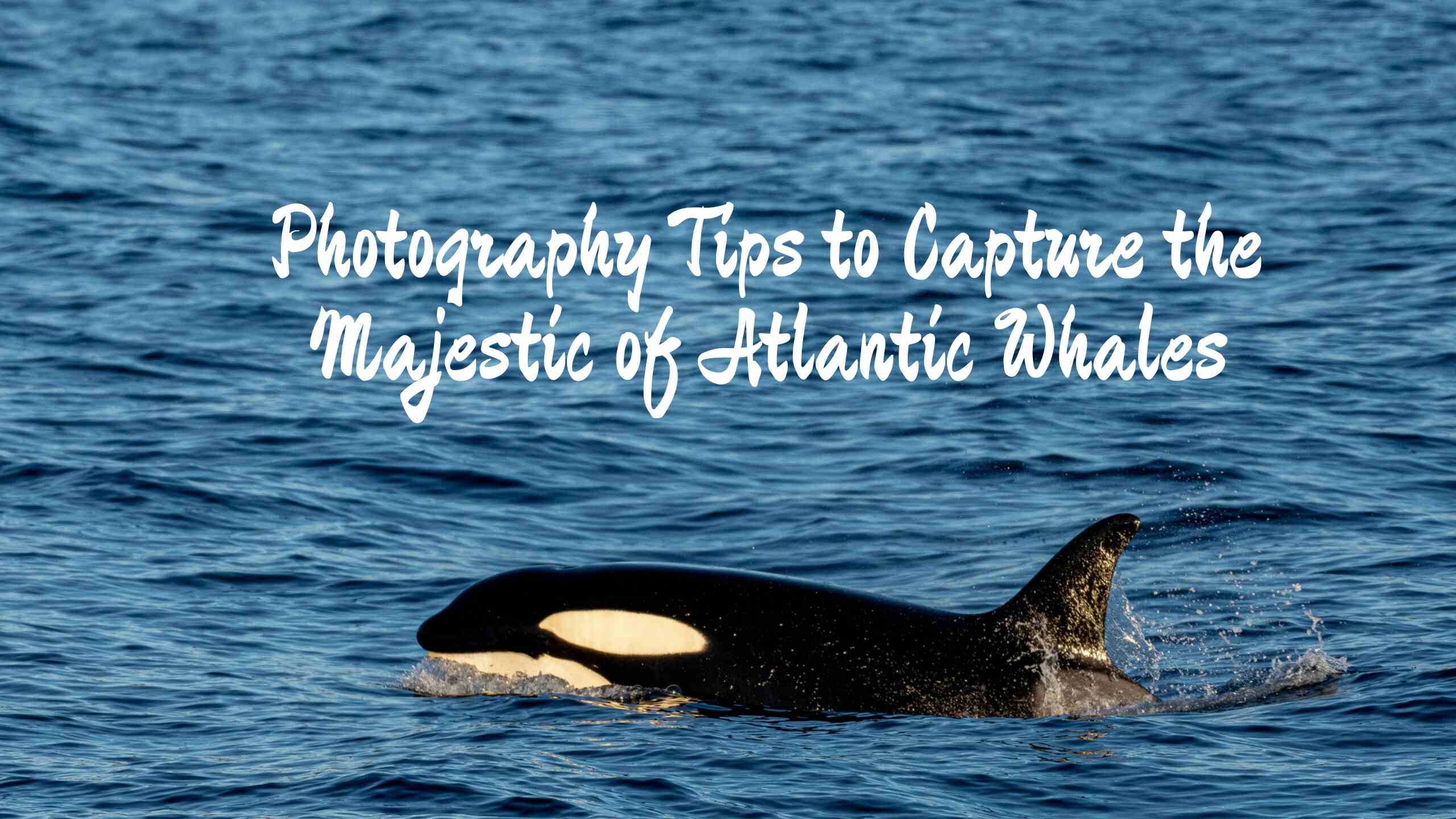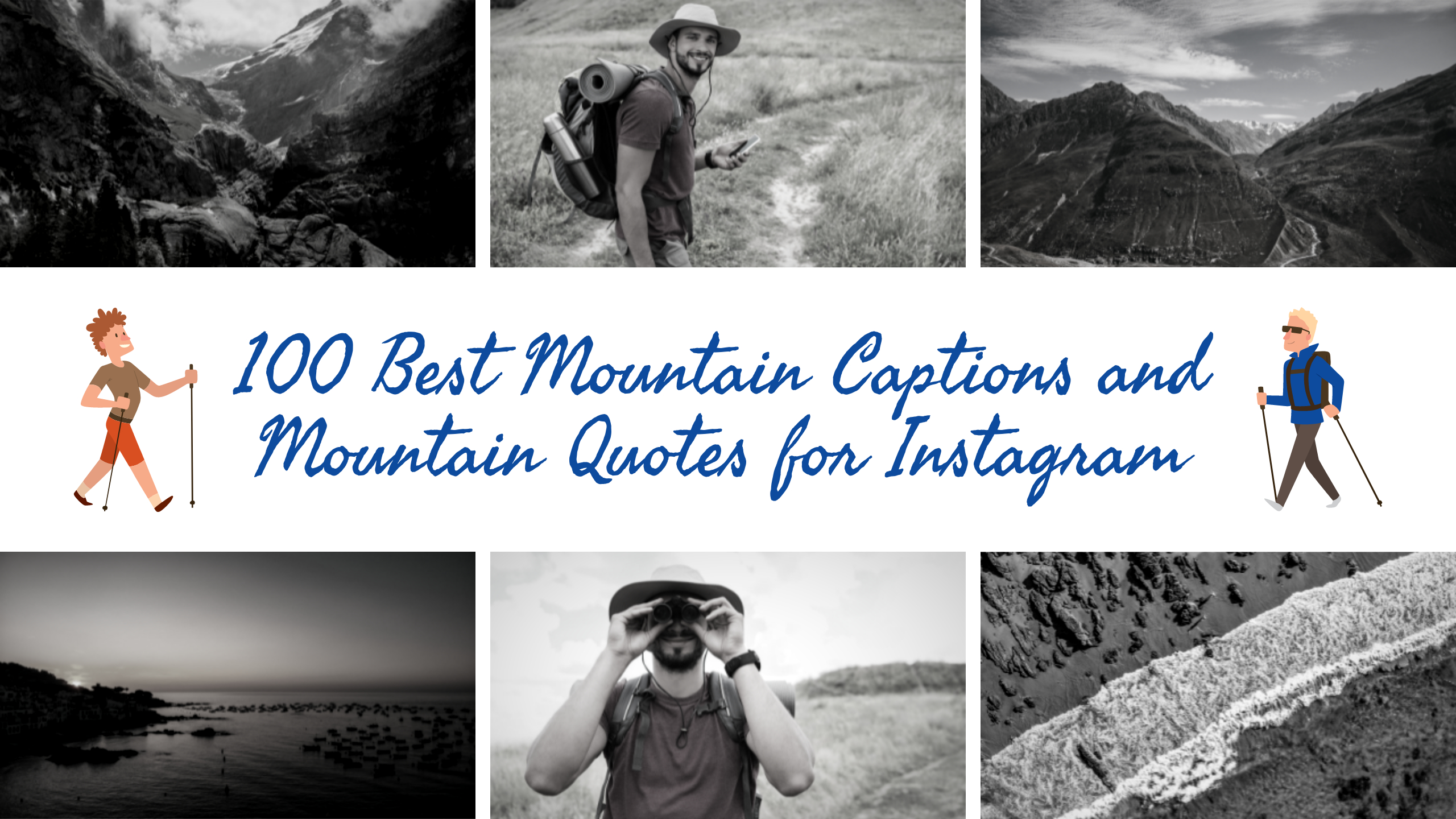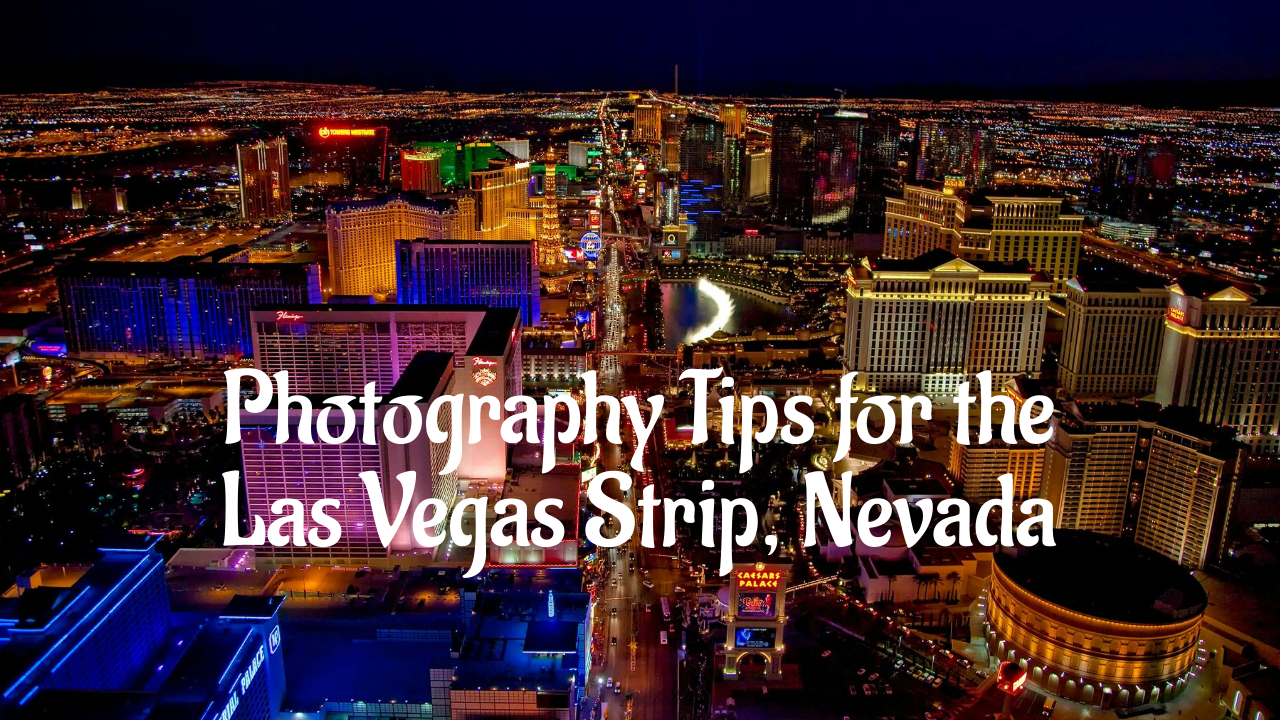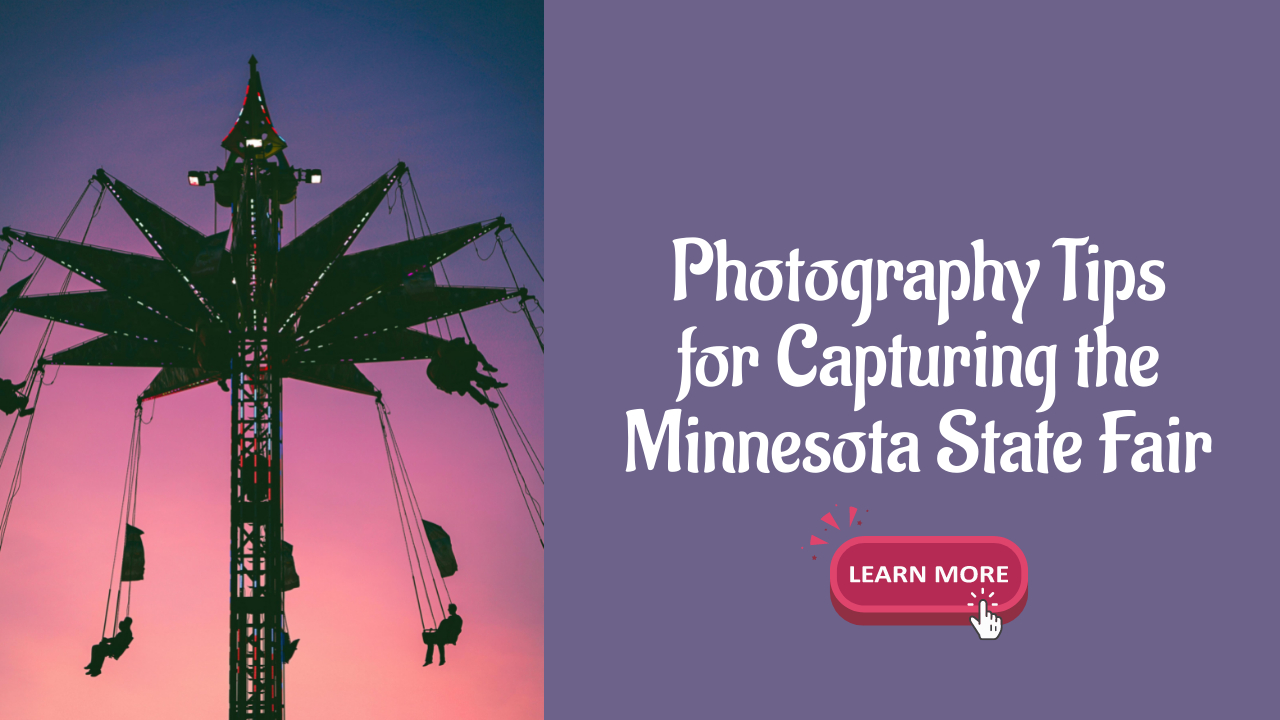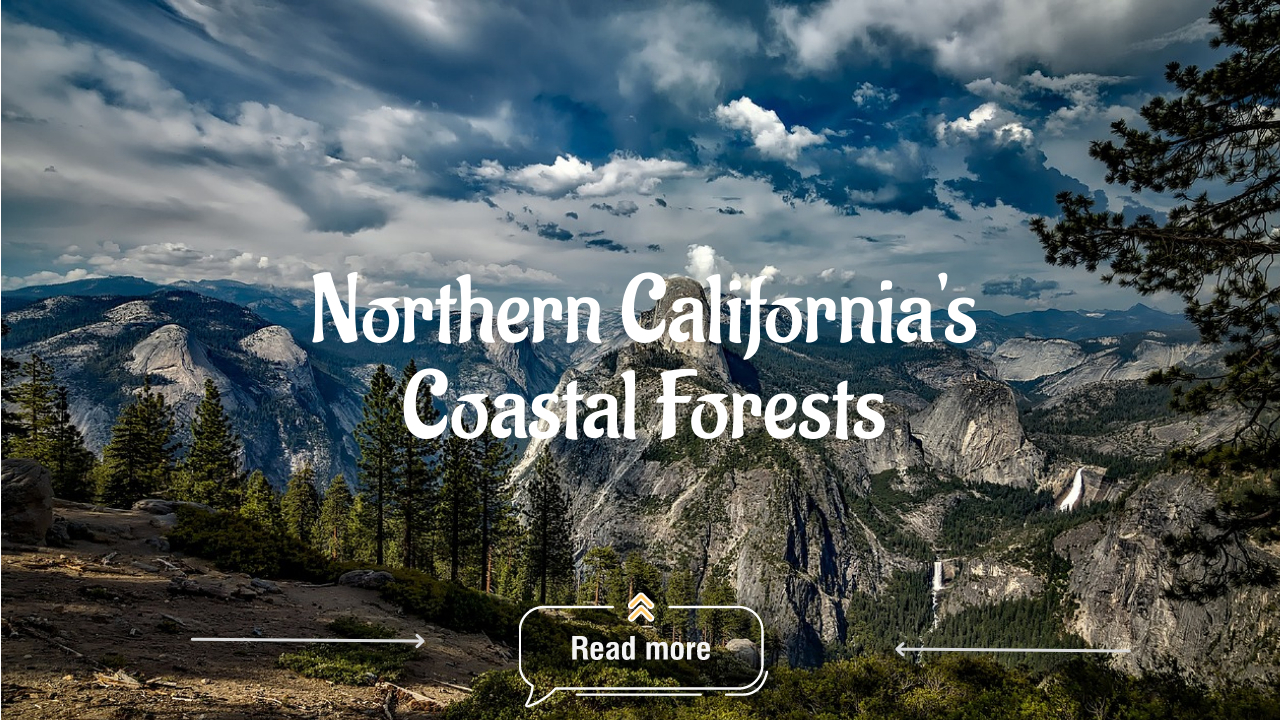Majesty of Atlantic Whales
Introduction
The Atlantic Ocean is a realm of wonder, and its depths are inhabited by some of the most magnificent creatures on Earth – whales. This guide is designed to equip photographers, both amateur and professional, with the knowledge and techniques needed to capture the beauty and grandeur of these marine giants in their natural habitat.
Understanding Your Subject
Whale Species of the Atlantic
- Humpback Whales: Known for their acrobatics and haunting songs.
- Blue Whales: Earth’s largest creatures, an awe-inspiring sight.
- Orca Whales: Sleek and powerful, often found in pods.
Whale Behavior and Habits
- Breaching, tail slapping, spy hopping – decoding whale behavior.
- Seasonal migrations and feeding patterns.
Essential Gear for Atlantic Whale Photography
Camera and Lens Selection
- DSLR vs. Mirrorless: Pros and cons for whale photography.
- Telephoto and zoom lenses for capturing distant subjects.
Stabilization and Support
- Tripods, monopods, and gimbals: Ensuring steady shots on a moving vessel.
Protective Gear
- Weather-sealed camera bodies and housings for maritime conditions.
- UV filters to shield against sun glare and saltwater mist.
Mastering Composition and Framing
Rule of Thirds
- Placing your subject for balanced and visually appealing shots.
Capturing Movement
- Shutter speed and panning techniques for dynamic shots.
Utilizing Natural Light
- Golden hours and overcast days: working with available light.
Techniques for Whale Photography
Patience and Observation
- Reading the water and anticipating whale behavior.
Respectful Approach
- Maintaining a safe and non-intrusive distance from the whales.
Timing and Anticipation
- Being prepared for that perfect moment of action or stillness.
Editing and Post-Processing
RAW vs. JPEG
- Maximizing flexibility and detail with RAW files.
Color Correction and White Balance
- Bringing out the true hues of the ocean and whales.
Cropping and Composition Refinement
- Fine-tuning your shots to highlight the majesty of the whales.
Ethics and Conservation
Respecting Marine Wildlife
- Guidelines for responsible whale watching and photography.
Supporting Conservation Efforts
- How your photography can contribute to marine conservation.
Sharing your Work for Awareness
- Spread the message of whale conservation through your images.
Inspirational Photographs and Stories
Showcasing Stunning Whale Photography
- A gallery of exceptional whale images with insights from the photographers.
First-Hand Encounters
- Personal accounts of memorable moments in the presence of Atlantic whales.
Conclusion
Capturing the essence of Atlantic whales is a gratifying endeavor that requires patience, technique, and a deep respect for these magnificent creatures. Armed with the knowledge and tips presented in this guide, you’re now ready to embark on your own photographic journey into the heart of the Atlantic Ocean and immortalize the beauty of its most awe-inspiring inhabitants.

